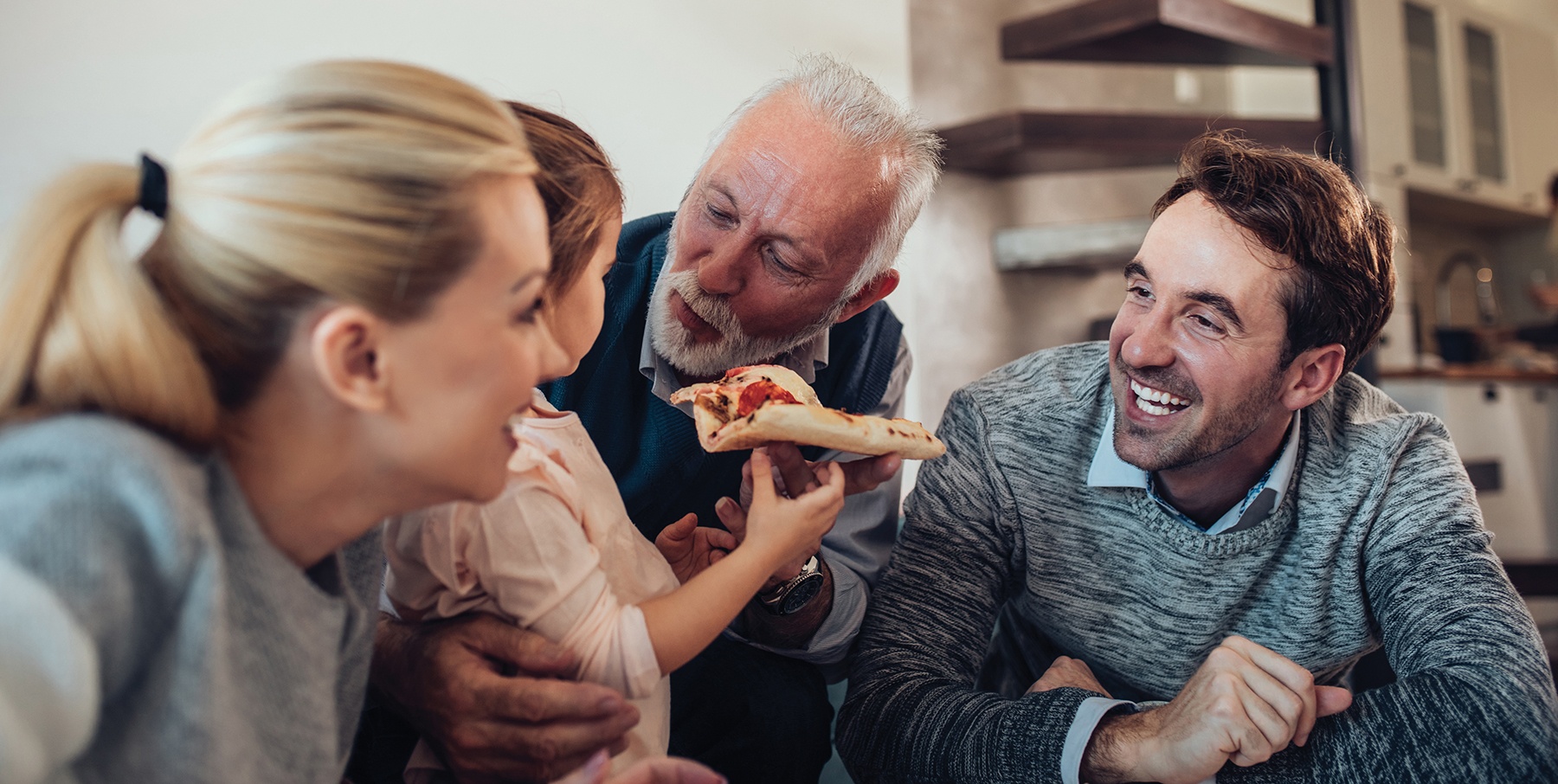All parents want to raise kids who know how to respect their own dignity and the dignity of others, but how do you do it?
In his Theology of the Body, St. John Paul II argued that the opposite of love isn’t hate. The opposite of love is “use” — that is, when you use somebody. When you love somebody, you treat them like a person. You build them up. You make them feel special. In some way — big or small — you help them grow into a stronger, better, happier, healthier or holier version of themselves. That’s what love does.
But when you use somebody, you treat them like a thing such as a tool or another object. If I’m nice to someone because I love them, I build them up, I treat them like a person. But if I’m nice to someone because I want something out of them, I’m using them, I tear them down, I treat them like a thing.
St. John Paul said that because people were made in the image and likeness of God, human beings have a right to be loved as persons, never used as things. We respect our own dignity by refusing to allow ourselves to be used by others. We respect the dignity of others by refusing to use them or treat them as things. The only appropriate response to any human person — ourselves or others — is love.
Catholic speaker Mary Beth Bonacci gave a terrific illustration of this in her book “Real Love” (Ignatius Press, 2nd edition, 2012), in which she makes a distinction between “real love” and what she calls “pizza love”: In short, I might love pizza. I might long for a delicious, cheesy slice of gooey pizza. But if I accidentally dropped my pizza on the floor, I certainly wouldn’t dedicate my life to cleaning up the pizza and helping it become the best pizza it could be again. I wouldn’t give my life to making the pizza whole. I certainly wouldn’t be willing to die to save my pizza. At best, I’d scrape it off the floor, throw it away, and get another slice. How terrible would it be to treat people that way?
If I have real love for someone, I would never use them or throw them away. I would do everything I could to help them be happy, healthy, strong and holy. I would do chores for them. I would complement them. I would help them. I would do anything for them. Even die for them.
When you’re reading to your kids or watching a televsion show or movie, ask them: “Do you think that person really loved so-and-so? Or did they just pizza love them?” Talk about it. When they talk about the way their friends treat one another, ask them to reflect on whether their friends’ behavior — or their own — represented real love or pizza love. Remind them that real love always works for the good of another person.
Kids as little as ages 3 or 4 can understand the difference between real love and pizza love. Encouraging your children to always act like people mean more than pizza is a simple way to challenge them to respect their own dignity and the dignity of others.



